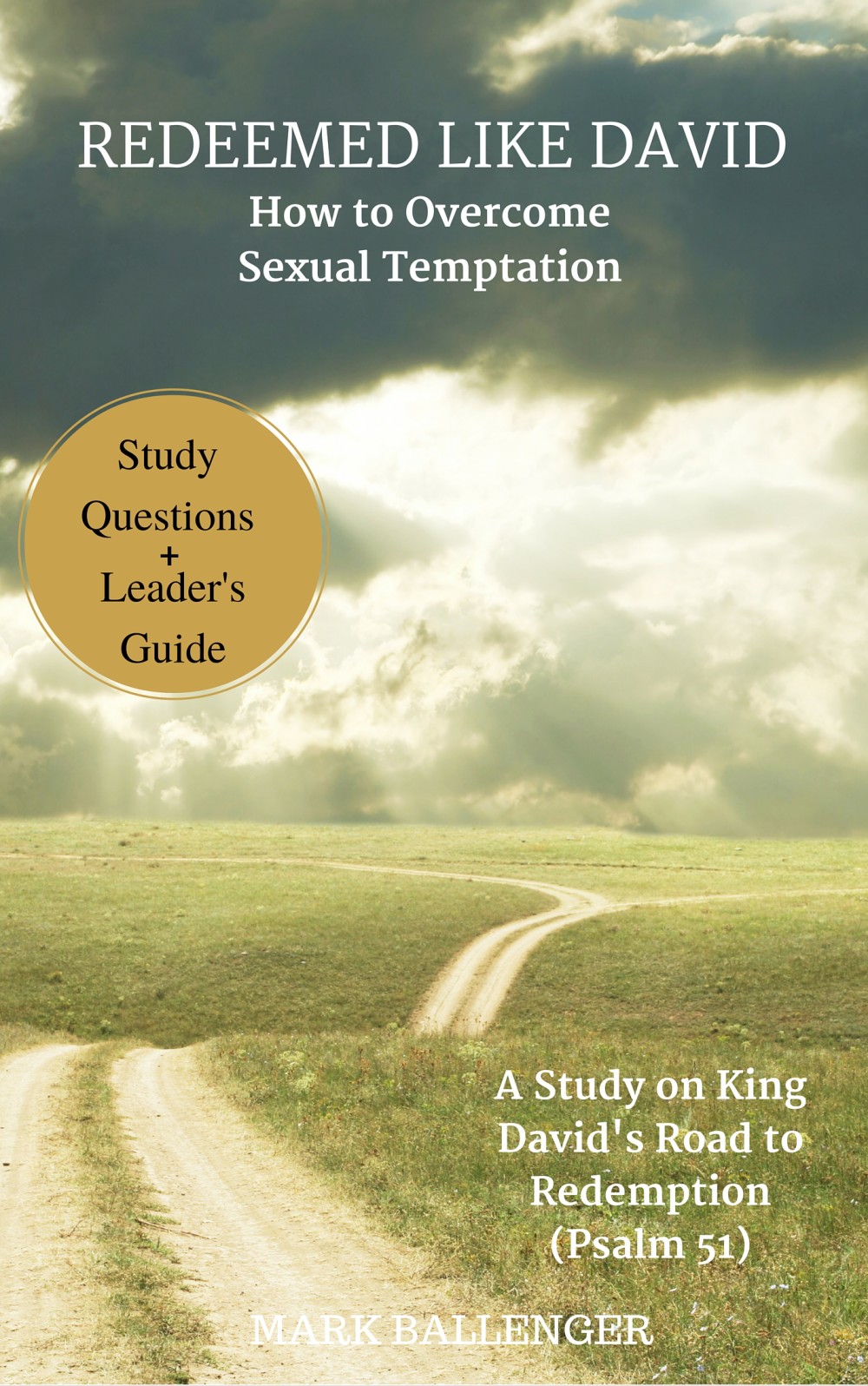
When I opened my email one recent Friday morning, I saw a notification regarding two new clients who would be checking into our program soon. One was getting out of prison after an eight-year term for two counts of rape. The other was coming to us after a twenty-year prison term for three counts of GSP (gross sexual imposition) and six counts of rape. Underneath their profile information was our Prison Outreach Chaplain’s signature line with the words, “Jesus, he breaks my chains!”
While the reminder of God’s power expressed in the gospel sent chills down my back, I can’t deny the internal war of feelings I had regarding these men: Why should we help these guys? They disgust me. They’re always going to be a threat to society. Nine counts of rape between the two of them! Why are they letting these men out?
But then that final line rang again in my ears, “Jesus, he breaks my chains!”
Jesus Breaks My Chains
I know the gospel is powerful enough for “normal sinners” (a ridiculous statement) like you and me, but what about a sex offender? Do I really believe what I preach to the men I work with, that the sacrifice of Jesus is greater than every sin they have ever committed? That he can forgive anything? That Jesus can redeem any of us? From the legalistic deacon who’s never really come to faith to the most heinous sex offender out there, do I believe the power of God can transform any heart, that his grace can never be outmatched?
Of course I believe that. But while God forgives and redeems even those who our society considers the worst offenders, does that mean we are supposed to treat them as though they never committed those sins? Are you being judgmental and lacking grace if you don’t let your kids walk down that certain street after you get one of those “Sex Offender Notifications” in the mail?
In other words, we know God’s love expressed in the gospel is available to everyone, but how should we respond with a Christ-like attitude towards people, like sex offenders, who have a disturbing and dangerous past?
God’s Grace Is Greater
In an effort to muster up the motivation to love people we find morally repulsive, sometimes we try to minimize their sins by saying things like, “Well, I’m sure that guy was probably abused as a kid,” or, “If I grew up in that environment, I might have the same view of women as him,” or, “Well, in the eyes of God my sin is just as bad as her sin.”
The instinct behind such statements is often good. We’re trying to find a perspective that will make it easier to love such hard-to-love people. But to minimize sin by coming up with reasons to lessen its damaging effects is unhelpful, and it robs God of the glory he wants to bring himself through the power of the gospel.
Jesus’s death was costly enough to earn forgiveness even for sex offenders. His resurrection was authoritative enough to bestow new life even on those who have harmed children. The power of God’s love, including its expression through the gospel, is always based in God and not the recipient.
When David committed adultery, or orchestrated murdered to cover it up, which led to the death of his baby (2 Samuel 11–12), his only way forward was to rely on the love which was based in God’s character, not his own. He started his plea of repentance with, “Have mercy on me, O God, according to your steadfast love; according to your abundant mercy blot out my transgressions” (Psalm 51:1).
Grace is offered because of God’s love, and since God’s love is unending, it can be offered to any of us regardless of our evil pasts.
Let Your Love Be Expressed Wisely
“Keeping no record of wrong” is an aspect of love (1 Corinthians 13:5), but treating people as though they don’t have a tendency to sin in certain ways is not a part of forgiveness and will actually hinder our ability to love them well.
Overall, to love a sex offender well in practical ways, you will have to pray about it, consult your Bible, use discernment, listen to the counsel of others, and most of all be wise (Colossians 4:5). Each case is so individualized it would be impossible to give you a step-by-step plan on how to love all “sex offenders” (which is a huge term covering multiple types of crimes). For example, whether he is a stranger or a family member may significantly impact your strategy in loving him.
We should seek to be wise. What would be safe? What would be non-tempting to this person? What can you realistically offer him? Questions like these need to be thought through and weighed out. With that said, here are few specifics to consider.
- Share the gospel. Whether through an anonymous letter or through building a long-term friendship, the most loving thing you can do for anyone is to share God’s plan for redemption and invitation to receive his grace.
- Lead with prayer. You can always pray for someone. Next time you get a notification in the mail about a sex offender, see it as a prayer request sent right to your door.
- Trying to build a friendship with a sex offender of the opposite sex, even if your intentions are good, is almost certainly not wise. Point him or her towards mature Christians of the same sex that can help.
- Invite him to a church that is equipped to handle his needs. Often larger churches are better for known sex offenders because such churches have developed levels of security that small churches have not, and such
You may also like:
Get your copy of Redeemed Like David and access to all of our eBooks. It's completely free - my gift to you. (Study Guide and Leader's Guide Included)
Type in your email address and a copy will be sent right to your inbox.
Paperbacks (with study questions and a leader's guide) are sold for $9.99 on Amazon.
